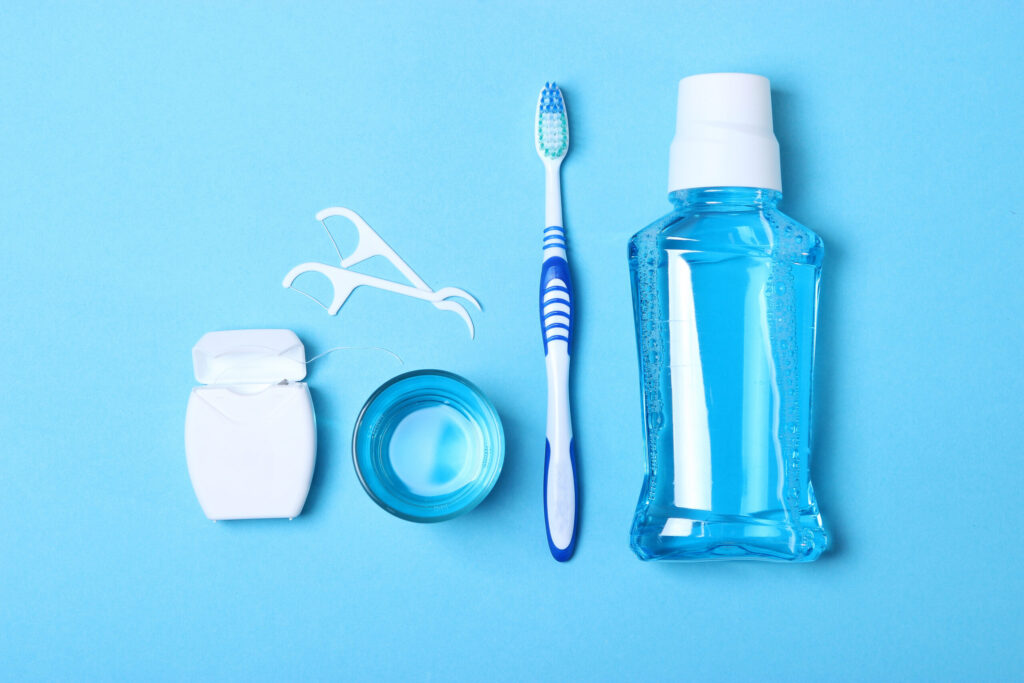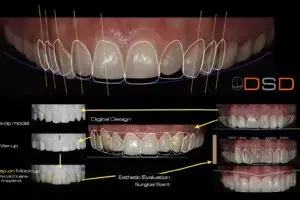Good oral health doesn’t just happen overnight. It comes from a series of small, consistent steps that help shield your teeth and gums from common problems like cavities, gum disease, and tooth sensitivity. Many people think a trip to the dentist is only necessary when something hurts. In reality, prevention lays the groundwork for a comfortable and confident smile at every stage of life.
Think of preventive care as an ongoing effort that begins at home. It means brushing and flossing correctly, making smart dietary choices, and keeping up with regular check-ups. When you practice these habits, you lower the risk of complex and costly treatments later on. In many cases, these preventive steps are simple enough to fit into your daily routine without much effort.
Why Prevention Matters
Your mouth is home to billions of bacteria. Many are harmless, but some contribute to plaque and tartar build-up. Plaque is a thin, sticky film that forms on your teeth and can harden into tartar if not removed. Both can harm the enamel and lead to tooth decay. According to some dental health surveys, almost half of adults over 30 have signs of gum disease, which begins with plaque and poor oral hygiene.
Preventive care tackles these issues early. By addressing small changes in your oral health before they escalate, you can avoid the pain, expense, and inconvenience of more involved dental procedures. Prevention aims to keep your teeth strong, your gums healthy, and your breath fresh with a minimal amount of fuss.
Daily Habits That Make a Difference
At the heart of preventive care are daily habits that take only a few minutes each day but deliver big returns in the long run.
Brushing with Care
Brushing is your first line of defense. Dentists often recommend brushing twice a day for around two minutes each time. Use a soft-bristled toothbrush and fluoride toothpaste. Fluoride helps strengthen tooth enamel, making it more resistant to decay.
Keep your strokes gentle. Aggressive brushing can wear away enamel and irritate your gums. Aim to clean every surface of every tooth, including the backs and the molars at the very end. When done correctly, brushing can remove most of the plaque and reduce the risk of cavities and gum problems.
Flossing and Rinsing
Flossing reaches areas that your toothbrush can’t, like the tight spaces between teeth. Flossing once a day helps remove trapped food and plaque, preventing these pockets from becoming breeding grounds for harmful bacteria.
Rinsing with a mouthwash that contains fluoride or antibacterial ingredients can add an extra layer of protection. It helps reduce bacteria and can freshen your breath. While not essential for everyone, a rinse can be a great addition to your routine if recommended by your dentist.

Professional Support and Regular Check-Ups
Even the best at-home routine can’t replace professional care. Regular dental check-ups, often recommended every six months, help catch issues early. During these visits, a dentist can identify signs of gum disease, tooth decay, or enamel erosion before they worsen.
Professional cleanings remove hardened tartar and stains that brushing and flossing may miss. Your dentist may also suggest treatments like sealants or fluoride applications for extra protection. These visits aren’t just about spotting problems; they’re also a chance to ask questions, refine your technique, and get personalised advice.
If you’re looking for detailed information on oral health, explore this comprehensive dental guide for practical tips and expert advice to help you maintain a healthy smile and make informed decisions about your care.
Nutrition and Lifestyle Choices
What you eat and drink affects your oral health. Sugary drinks and snacks fuel the bacteria that cause cavities. Cutting back on soft drinks, sweets, and acidic beverages helps safeguard your enamel.
Instead, focus on nutrient-rich foods like dairy products, leafy greens, and lean proteins. These support strong enamel and healthy gums. Staying hydrated with plain water keeps saliva flowing, which naturally washes away harmful bacteria.
Lifestyle factors matter, too. Smoking and excessive alcohol can harm your oral health and stain your teeth. Stress might lead to teeth grinding or neglecting your routine. By managing these factors, you support not just your mouth, but your overall well-being.
Building a Long-Term Routine
Starting simple and staying consistent is key. Begin with the basics of regular brushing, flossing, and mindful food choices. If you’re not flossing now, try adding it to your routine before bed. If you rely on sugary snacks, consider swapping one snack a day with a tooth-friendly option, like a handful of nuts or a piece of cheese.
Keep track of your progress. You might set a reminder on your phone to floss or check how many glasses of water you drink in a day. Over time, these small efforts turn into habits that feel second nature. As these habits take root, you’ll likely notice fewer cavities, less gum soreness, and fresher breath.
Taking Control of Your Oral Health
Preventive care isn’t about making drastic changes overnight. It’s about understanding how daily actions add up. When you brush properly, floss every day, watch what you eat, and keep regular appointments, you’re actively investing in your smile’s future. These efforts can help reduce the need for fillings, crowns, or other extensive treatments down the line.
The goal is a happier, healthier mouth at every stage of life. By focusing on prevention, you’ll gain confidence in your smile and peace of mind, knowing you’re doing what’s best for your oral health.
In the long run, prevention saves money, time, and discomfort. More importantly, it leaves you free to enjoy the simple pleasure of smiling without worry. It’s never too late to start fine-tuning your routine. Your teeth and gums will thank you.


